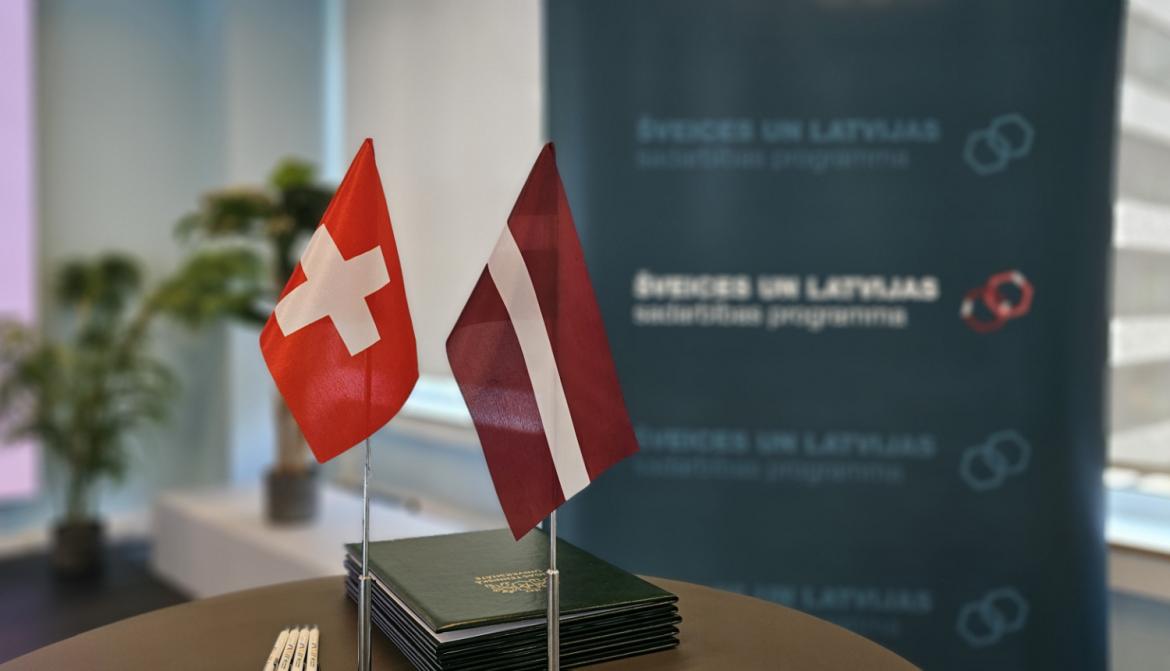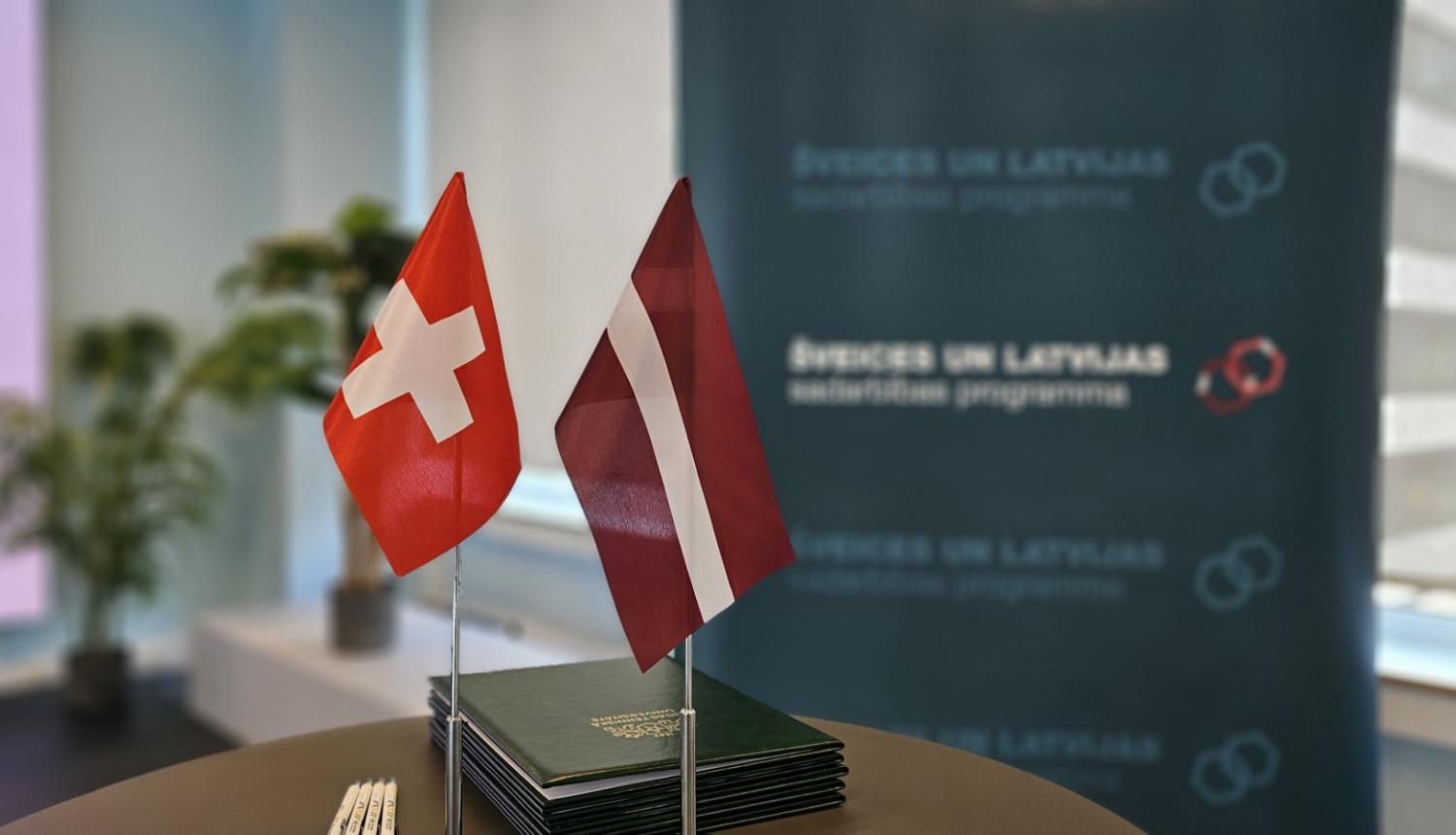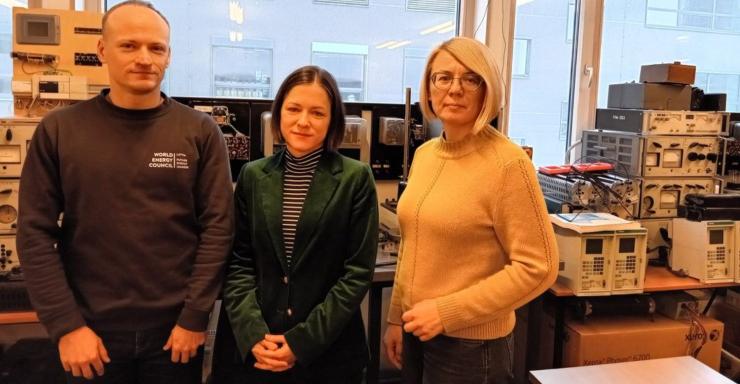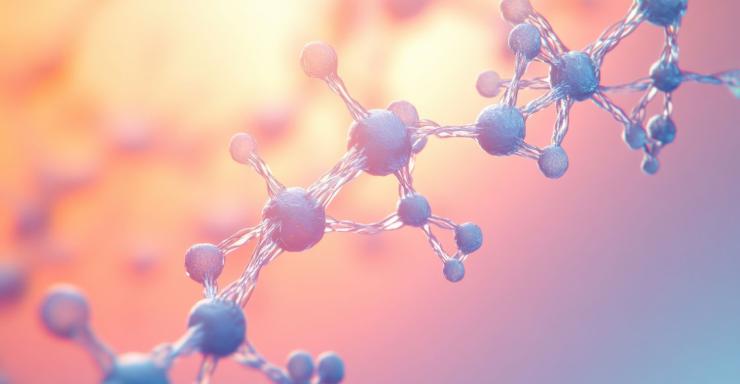An ambitious international cooperation project LACHMAT, which is being implemented within the framework of the Swiss-Latvian research program "Applied Research", was officially opened in the "The Moon" hall of the Science and Innovation Centre of Riga Technical University (RTU). The project combines science, industry and education to develop innovative, environmentally friendly road construction materials and technologies with high added value.

Sustainable solutions and materials science innovations
The project aims to create advanced concrete and asphalt mixtures with bio-based additives, as well as to create sustainable, reusable road surfaces. An important part is also the development of high-performance sprayed concrete to ensure the longevity of bridges and the integration of sensors into the road surface, which will allow monitoring of traffic and climate impacts in real time.
"Materials science is one of RTU's strongest areas. We are developing both 3D laboratories and innovations in the field of road surfaces. Roads are not just infrastructure - they are materials that interact with the environment. In this project, we combine the development of new materials with sustainability and safety," said RTU Rector Tālis Juhna at the opening event, emphasising the importance of the project for the Latvian economy.
Swiss support – faith in partnerships and the power of science to create change
The LACHMAT project is being implemented in close collaboration with scientists from the Swiss Federal Laboratory for Materials Science and Technology (Empa). The Swiss contribution not only provides funding but also promotes international research integration.
"This program is not just about funding - it is about teamwork, partnership and trust. We highly appreciate the spirit of innovation at RTU and Empa. We believe that this research will lead to excellent results," emphasised Christoph Liechti, Director of the Swiss Support Office for Latvia, Lithuania and Estonia programs, also expressing gratitude to the Ministry of Education and Science and the Latvian Science Council.
Industry involvement – from idea to market
Companies and their organisations operating in the field of road construction and building materials play an important role in the project. The memorandum of cooperation has been signed with such partners as the Latvian Concrete Union, "Primekss", "SCHWENK Latvija", "Latvijas Valsts ceļi" and "Latvijas Ceļu būvētājs".
"Building materials are already being produced in Latvia today, and we must use this potential. Export is the only way to become richer. That is why I am very pleased that such a project is being created," emphasised Rolands Cepurītis, Technology Director of SIA "Primekss" and Chairman of the Board of the Latvian Concrete Union.
Jānis Barbars, Head of the Competence Centre of "Latvijas Valsts ceļi", emphasised three essential factors in his speech: "People, knowledge and challenges - these are the basis of the project. I am pleased with the people who will implement this, including at least four doctoral students and several postdoctoral positions. Our challenges - climate change, traffic and infrastructure sustainability - will be addressed with the help of this knowledge."
Youth engagement and training of future researchers
The project promotes scientific continuity by inviting students to participate. Competitions will be organised for students with opportunities to obtain scholarships for scientific works, as well as state-funded doctoral positions in the field of building materials. The project particularly emphasises the involvement of young people, including girls, in engineering sciences, providing opportunities to study, work in research with international experts and promoting interest in STEM fields.
About the Swiss-Latvian cooperation program
The Swiss-Latvian cooperation programme "Applied Research" is part of Switzerland's investment in the European Union Member States to promote scientific excellence, innovation and economic development. In Latvia, 12.3 million euros are available under this programme for the implementation of important projects and strengthening international cooperation.


